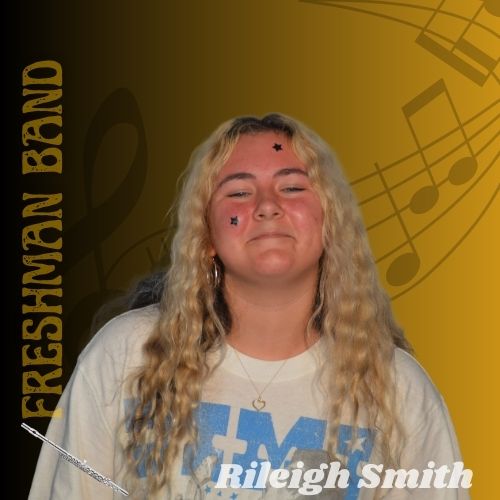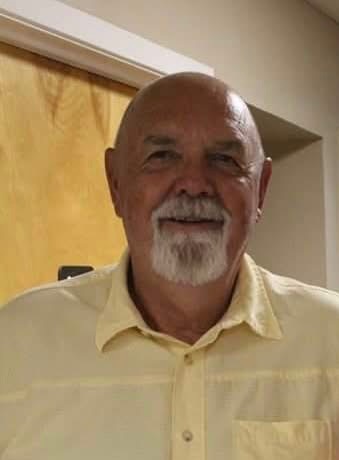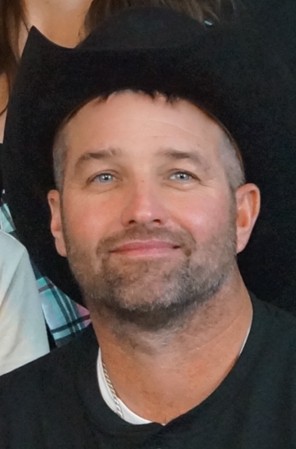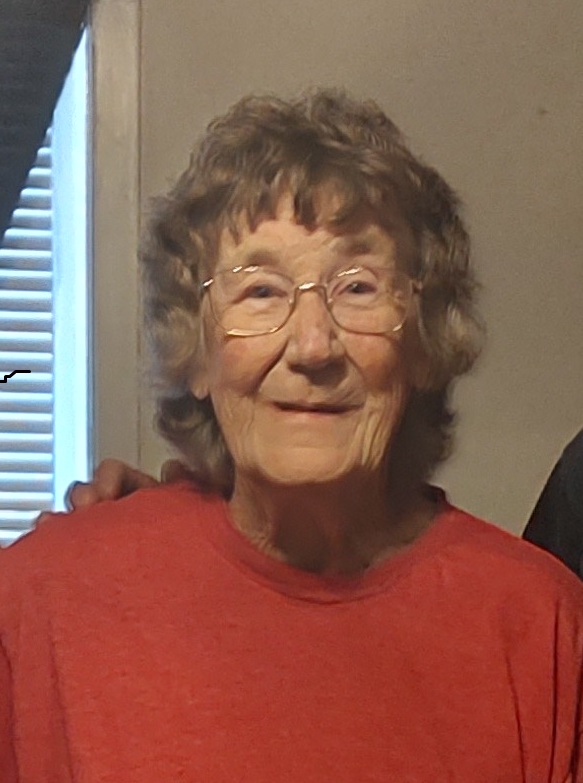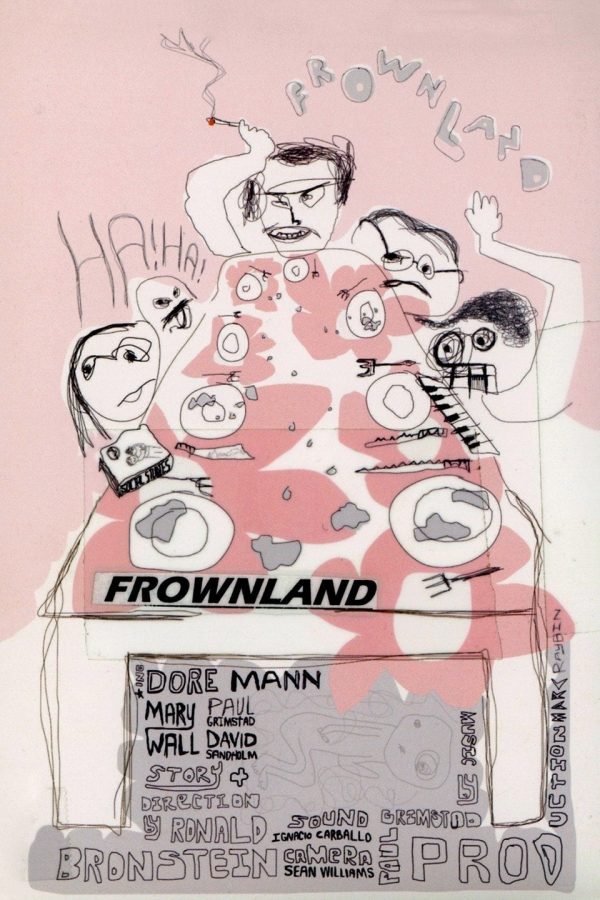Frownland- film review
When people think of the most influential filmmakers of all time, names like Kubrick, Tarantino, Scorsese, Fellini, Hitchcock, and more usually come to mind. One influential filmmaker that no one seems to talk about however is Ronald Bronstein, an independent director from New York. Despite his unique directing, writing, and editing style, Bronstein remains basically unknown in the landscape of film. The reason? To date, he has only directed one movie, 2007’s Frownland.
“DIY cinema” is a term that refers to a kind of independent film made by a small group of amateurs working with very little money and no studio to back them. In my opinion, one of, if not, the best example of these kinds of films is Frownland.
In a nutshell, Frownland follows a man named Keith through his daily life. By day, he works as a door-to-door salesman scamming people into buying fake coupons as “donations to fund multiple sclerosis research.” By night, he watches old monster movies and argues with his roommate Charles, who without fail never pays his monthly portion of the rent. Beneath the surface, Keith struggles to effectively communicate with anyone due to his serious case of Aphasia, which is a speech disorder that impacts the way he talks and sounds. Keith’s constant stuttering and inability to convey complete sentences makes him annoying and off-putting to everyone he meets, therefore leaving him alone and without friends. He desperately craves social interaction, but it also seems to be his biggest fear. He’s clunky and awkward around others, and their contempt only fuels his self-hatred further. With a character as complex as Keith, it seems only the finest and most talented actor could bring the character to life.
However, Keith is played by Dore Mann, who is not an actor at all. Mann is a distant cousin of Bronstein’s, and after meeting at a funeral, he was cast as the lead in the film. In my opinion, no one else could have embodied Keith as well as Mann does, and his performance is worth the price of admission alone. His roommate Charles is played by Paul Grimstad, who also created and performed the haunting electronic score that plays throughout the film. Keith’s so-called “friend” Sandy is played by David Sandholm, who also recorded the film’s sound.
Speaking of which, music and sound design are crucial to any movie, but especially to small, low-budget films such as Frownland. The dirty, grimey world of Frownland is heightened by these two aspects, as well as the camera work done by Sean Price Williams. To create a sense of stress and discomfort (which is reflected simultaneously in Keith’s actions), Williams utilizes long tight shots and close ups so that the audience feels just as uneasy as the characters in the film. Another aspect that adds to the mood of the movie is the fact that it was recorded on 16 millimeter film, but blown up to the size of 35 millimeter film when shown in theaters. This stretch created a grainy, almost dirty looking pallet that overlays the film all the way through. The editing, done by Bronstein himself, is also something to note. There are no transitions from scene to scene, and therefore no sense of time passing or progressing. Instead, the movie snaps from one scene to the next, adding even more to the sense of stress and uncertainty. To make other scenes feel more uncomfortable, the camera will linger on one shot for up to minutes at a time without cutting away. For some it can be unpleasant to watch, but other independent filmmakers have taken inspiration from these techniques. For example, the Safdie brothers use tight angles, continuous shots, and quick editing to create stress in their films Good Time and Uncut Gems. Other small filmmakers have named Frownland as an inspiration for their own work as well.
Unfortunately, every film does have its flaws, and Frownland is no different. At one point towards the end of the movie, the story diverges away from Keith and follows his roommate Charles as he searches for a job due to his apparently failed music career. While this scene is executed well, it is not particularly interesting, and feels unnecessary to the rest of the story.
Aside from that, Frownland is an excellent film that has slowly become one of my favorites, and I highly recommend it to those interested in American independent cinema. Upon its release, Amy Taubin, a writer for Film Comment magazine, described the movie as “a horror film nearly as creepy as Eraserhead and more unsparing.” Despite this, Frownland is not a horror film, at least not in the traditional sense. I think by this she is referring to the ever-present sense of dread that follows our characters at every waking moment. So why bother spending time with a movie that is stressful and seemingly unpleasant to watch? Because Frownland is a brilliant character study of a deeply flawed yet simultaneously sympathetic man, and the film could even be seen as a dark comedy of sorts. It was Ronald Bronstein’s first attempt at filmmaking, and while it may not have been a wholly pleasant experience, the end result is utterly fascinating.
Unfortunately, Frownland is not available on any streaming services at the moment, but if you can manage to find a copy, I would highly recommend giving it a chance. You might find yourself pleasantly surprised by the end.
Your donation will support the student journalists of Itasca High School. Your contribution will allow us to purchase equipment, cover our annual website hosting costs, and provide scholarships to our senior staff members!












